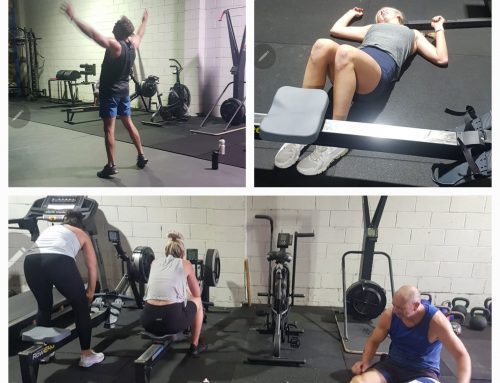I’ve found that the dietary change that people find hardest when wanting to lose body fat is when changes to alcohol consumption are required.
This is probably not that surprising given alcohols prevalence in socialising and also it’s ability to take the edge off. A requirement particularly prevalent in the parental community. (I didn’t even know there was an edge pre children.)
But in today’s world we all find ourselves faced with multiple stressors. Whether it’s kids, work, relationships or just the hurried schedules so many of us have, alcohol often finds itself as the saviour.
This blog isn’t about demonising alcohol or telling you that you can’t drink if you want to lose body fat (cue collective sighs of relief) This is more a short education piece about what effect alcohol plays in the body’s ability to process fat. From there being big boys and girls, you can make your own decisions.
Although there are quite a few factors when wanting to lose fat, your overall calorie consumption is a biggie. Of the 4 “food” groups that you can derive calories from let’s compare them on a per gram basis.
- Carbs 4 cal/g
- Protein 4 cal/g
- Alcohol 7 cal/g
- Fat 9 cal/g
Which puts alcohol on the calorie dense side of things. Almost double carbs and protein.
Unlike the other 3 groups though alcohol has no nutritional value to the body.
With alcohol it’s not just the calories you consume that’s the problem. What makes alcohol a little different from the other food groups in relation to fat loss is the way the body process’s it.
As soon as you drink, eat, skull, shoot, hard-line or however else you like getting your alcohol into you, your body will use it as an energy source almost exclusively until its out of your system.
So while there is alcohol in your body you aren’t burning any carbs or fats.
When carbs and fats stay in your body without being used your body which is a miserly creature won’t waste them. It will convert them into stored bodyfat. Handy for when the Ice age hits, not so great heading into summer.
Alcohol also has a direct effect on our hormones. It reduces testosterone levels, particularly in men. Testosterone (you have it too girls, just not as much as men) is a powerful anabolic hormone. Meaning when it does its thing it increases your metabolism. If you read the blog on The Best Exercise to lose Fat you’ll understand why metabolism is so important in fat loss. So having testosterone levels reduced… not helpful in the fat burning scheme of things.
There are also chemicals in beer and wine that boost estrogen levels. One of the things estrogen does is promote body fat storage. Alcohol also has a tendency to increase appetite. This coupled with it’s well known inhibition loosening effect often results is poor food choices being made, and sometimes poor life choices, but that’s another blog altogether.
So we can see that it’s not just the total calorie consumption that is the problem with alcohol when it comes to fat loss, it’s also the way the body processes it and the follow on effect of those processes.
Can you lose body fat and still drink. Absolutely. Will you have to reduce your current alcohol consumption, probably, but that’s just common sense right.
Speaking of common sense, here are few simple ideas to reduce your alcohol and alcohol related calorie intake if that’s what you’re trying to do.
- Add in alcohol free days throughout your week (Probably the most effective)
- If you’re planning on having a few try and minimise the total calorie consumption by having drinks with less calories. Ie With spirits change your mixers to soda water.
- One for the boys. Your schooner intake is not correlated with your manhood. Truly!
- Eat a meal but don’t snack when drinking (good in theory, harder to do after you’ve had a few).



